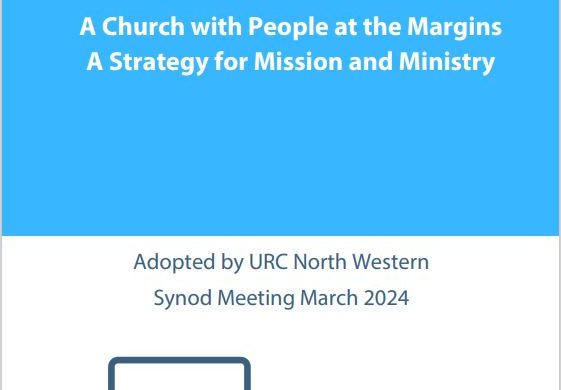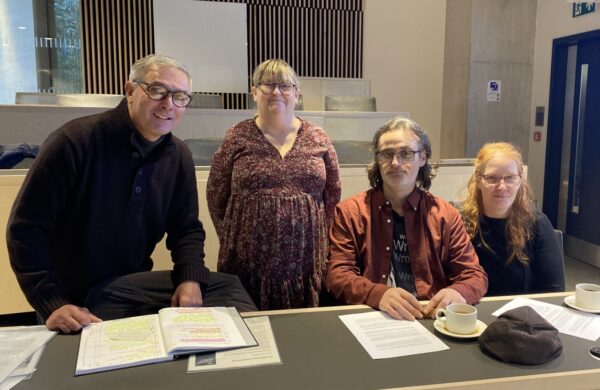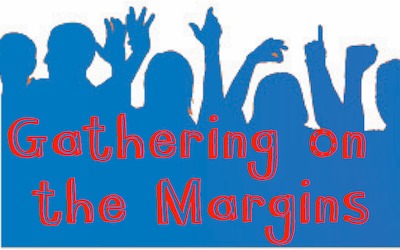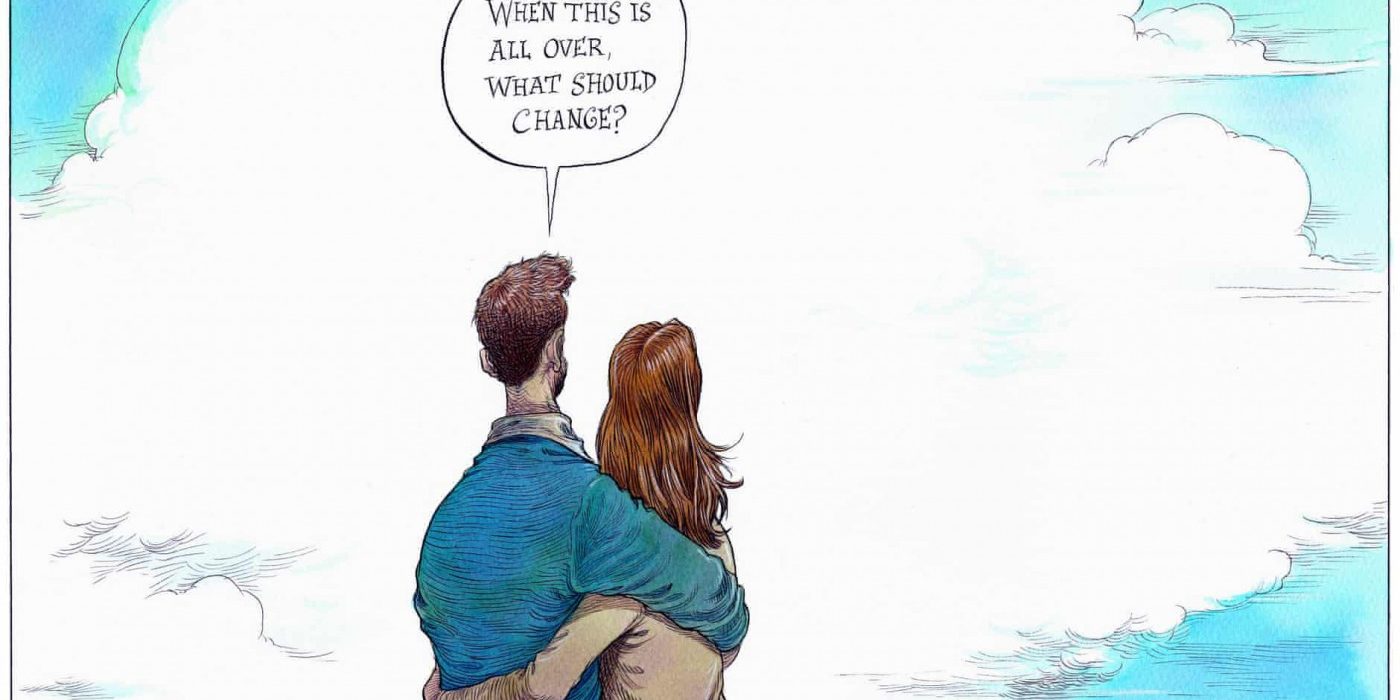As lockdown restrictions begin to lift, Self-Reliant Group Facilitator Laura Walton, remembers those we have lost in the last few months, reflecting on the joy they brought to our lives.
For quite a number of our SRG members there are still huge worries over loved ones living outside the UK. Our countries of origin are spread all over the world….in Europe, South America, Africa and Asia.For many people the battle against Covid 19 is still a daily battle, the same battle but different in each context according to the economic and political situation. Families are still in danger and loved ones, so far away, face daily challenges just to survive.
Within our SRG family there are members who are still shielding, others not, but finding it threatening to be out and about. There are those whose children are back in school already two weeks now and some who are even going out to work again. We are all at different stages in our recovery even though we are being made aware of our vulnerability in terms of a virus spike or a second wave. But for now the worst is over, the NHS Nightingale stands shuttered yet serene, not having got its hands too dirty! NHS rainbows fade and curl at the edges or have been unceremoniously removed, but our hearts are still thankful. For many of us ….faith livers or not, we can say………”Thank God” with real conviction. When we have seen how indiscriminate the virus has been in affecting world rulers alongside powerless babes, newsworthy cases and the Mrs next doors, with equal scariness we can only wonder at how we have escaped or have been affected but mildly. We can only wonder and ponder…..” there but for the Grace of God, go I.”
Mr. Norris Jones of the Windrush era was 87. It was a privilege to have known him as an SRG member with the Limelighters in Old Trafford. He had been a baker in his professional life so was happy to be involved in baking in the group for the coffee afternoon at Limelight where he would enjoy a game of dominoes or bingo. Due to ill health in 2018, Norris mised his Caribbean cruise and after Albert’s suggestion, the group organised and saved for a canal boat trip to Lymm for Norris. When another boat was tethered at the watering hole, Norris crossed via the gang plank to the shore and a very welcome pint of guiness. It was a special day. I thank God for that day.
When walking became too much of a challenge, Norris was cheerful and uncomplaining and everyone will remember his smile and his laugh. He was warmth and sun.
And we thank God for him and for all those we have lost in the last few months who have added joy to our lives. And we remember our SRG family members who are still in pain, physically or emotionally and those whose loved ones are overseas and not yet out of trouble. And as we recognise God’s protective hand over us over these last few months we ask in prayer for that hand to be outstretched to those people now.
Heavenly Father thank you for protecting me and my family and my friends and my neighbours. For those people who still face the threat of the virus in South America, Europe, Asia and Africa we ask you to shield them and provide for them all that they need for their daily lives. In the same way that you showed us your Grace we ask for that Grace to be extended and for peace and hope to be growing in their communities.
Amen.
Find out more about Self-Reliant Groups: http://www.church-poverty.org.uk/srg .









